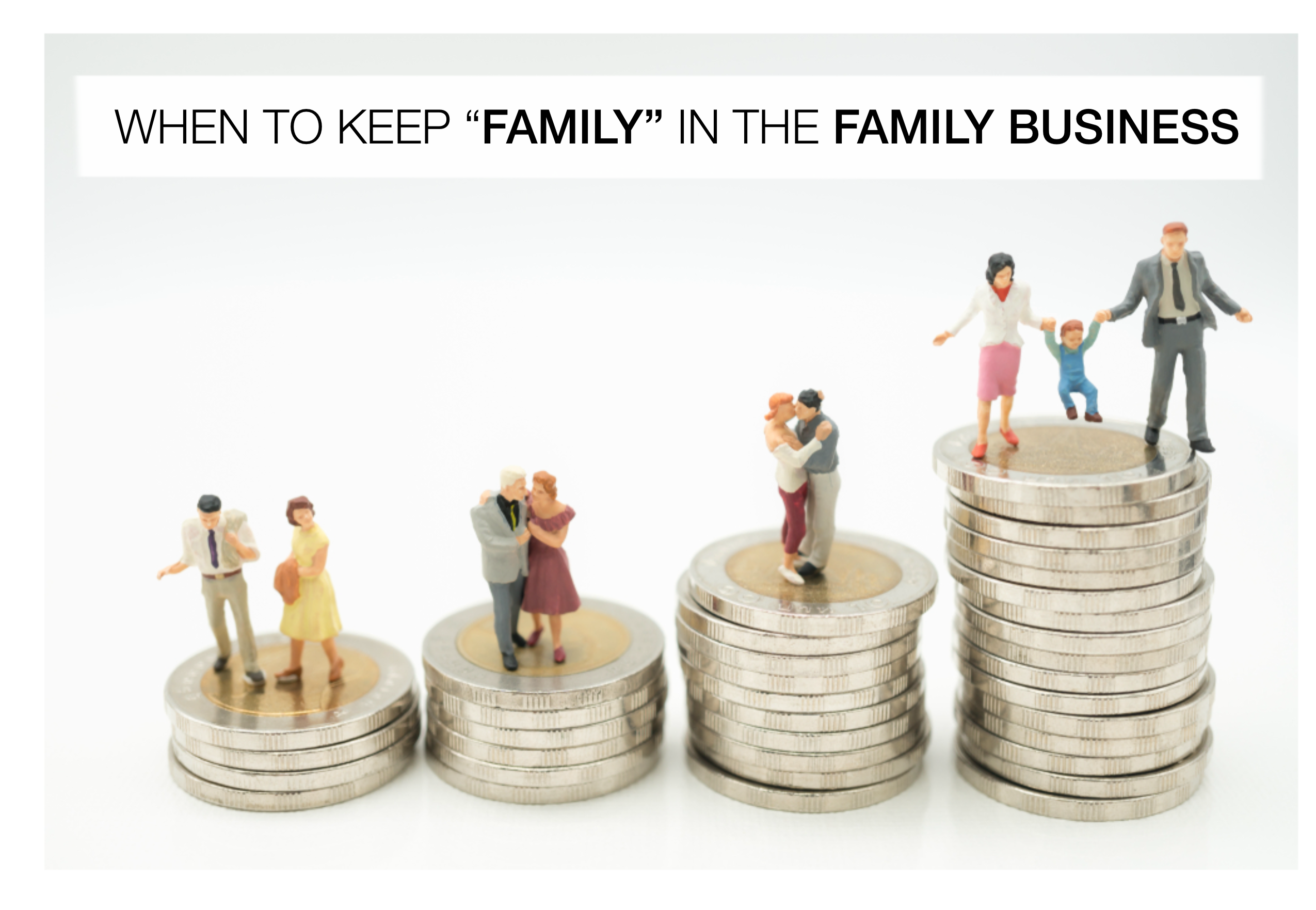How important is it to have family members running the family business or carrying on the family name? Ask family members of Cadbury, Krupp, even Onassis, who saw the loss of control and ownership of the businesses that still bore their names.
What steps, large or small, should patriarchs or heads of family-owned and -run companies consider to ensure their businesses carry on their name and legacy?
It often starts young, with the parents bringing their children to the office and introducing them to the workplace and/or factory floor. Through exposure and experience, they groom their kids, over time, for eventual ascension to leadership.
Yet, the “family name” can be lost or become diluted in many ways. What if owners or the current generation have no heirs; the heirs have no interest in entering the family business; or their interest is split – sons who bear the family name have no interest, whilst the married daughters who have taken the surname of their spouse, wish to remain in control?
Moreover, the arrival of an outside CEO or executive leadership could bring in individuals who, during the vetting process were aligned in the family’s view, however the execution, may be diametrically different.
In a previous article, “Should you put business first or family first,” we explored the importance of having a strong leadership team in place. We discussed why family needs to have a serious discussion on what they value more, the integrity of the family or the success of the business. There are times when the family should either step away or exit the business.
“But in reality, your family members will have different skill sets, interests and personalities. As a result, some will be ready, willing, and able to succeed you in leading or being involved in the family business, whilst others will lack the skills or the desire to do so.”
How do you ensure the family name stays on the masthead, especially if forced to bring extended family, in-laws or “outsiders” into leadership roles? Will “insiders” accept the change, or will they balk at having some outsiders tell them what to do?
Many factors can affect the outcome. As noted above, if children aren’t interested in having a hand in guiding the future of the business, no amount of introduction, inclusion or indoctrination may change that.
Secondly is the work the family has done up front to ensure the legacy. That’s where governance plays its hand. As we’ve written before, governance is the playbook and rules the family has put in place to guide the business’s future. This includes leadership, lineage, even the role prenups play in preparing tomorrow’s ownership and occupancy of the C-suite.
Governance should outline what’s required for the next generation to take the reins of the business. That is, should they be compelled to earn an MBA or work outside the business for X number of years before taking a job within? Should leadership be open to in-laws? Sure, parents of the son or daughter in-law may say outwardly, “they’re like my own.” But are they suited for leadership?
What determines a child’s actual leadership ability? Face it, most people are not cut out for executive leadership decision making or responsibility. And no matter how much they may protest, the current leadership should be prepared to say “No” when it becomes clear someone else, especially an outsider, is better suited to the job.
Governance should also determine when or whether current family leaders bring family, in-laws or outside executives into the ranks. As those individuals begin to draw a paycheck, governance will state the bounds of compensation, and help stave off family discord.
Discord isn’t necessarily the norm. Firearms maker Baretta was founded in 1526 and 15 generations later, Fabbrica d’Armi Pietro Beretta S.p.A. is still led by the family. Fabrizio Freda is president and CEO of The Estée Lauder Companies. But William P. Lauder, grandson of founders Estée and Joseph Lauder, has been executive chairman and chairman of the board since 2009.
Another name known to many, Cargill, can serve as a reality check on the enduring impact of legacy. In the five generations since its 1865 founding by William Wallace Cargill, the business retains the family legacy – in name, spirit and deed. Cargill guided the company as CEO for 40 years, and following his death in 1909, was succeeded successfully by his son-in-law John H. MacMillan Sr. Today, the Cargill “family,” also known as the “Cargill-MacMillan family,” are the fifth generation to hold seats on the company’s board.
Leadership succession doesn’t happen by accident. It takes deliberate planning with an eye on the family’s plans and wishes for the future. Similar to the transfer of wealth upon one’s passing, the U.S. has no forced heirship rules. Leadership is a privilege, not an entitlement.
If your family is considering how or whether to keep leadership within its ranks, or when or whether to transfer the reins to a more experienced or capable outsider – without stirring internal discord – the guidance of an impartial advisor may help.
Whatever you do, don’t wait until it’s too late to decide how to keep “family” in the family business.”

Leave A Comment